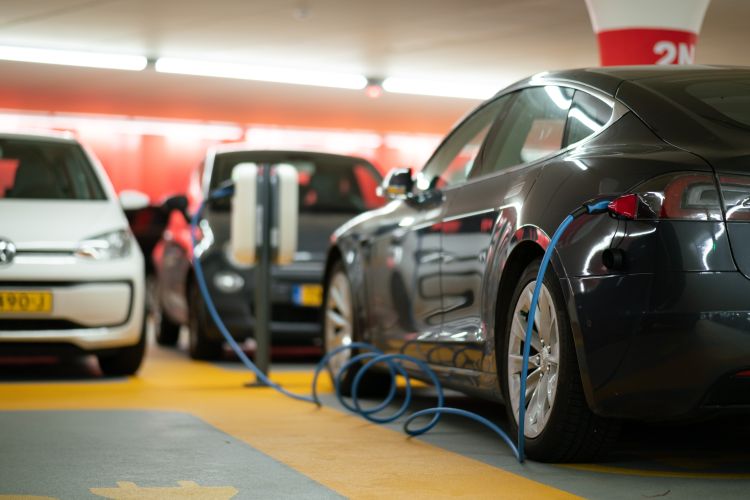
The electric vehicles industry in India is at the cusp of a transformation, triggered by significant global and domestic developments. Tesla’s impending entry and the escalating commitment of local and international automakers underscore this shift. The prospects and challenges of India’s EV manufacturing industry need to be studied in-depth, considering its global implications and the intricacies of the domestic market.
Tesla’s decision to establish a manufacturing base in India is a bellwether of change, signaling a shift in global EV dynamics. This move is not merely about introducing new EV models; it is about acknowledging India’s potential as a key player in the global EV market. Tesla’s strategy to focus on India for international markets underlines the country’s evolution from a hub for small car exports to a significant player in the mid-size vehicle segment, and now, a burgeoning force in the EV arena.
READ | India’s gig economy demands a homegrown policy agenda
India’s EV industry is witnessing diverse and comprehensive growth. The development of a wide range of EV models across various segments demonstrates an all-encompassing approach to electrification. The extensive investment earmarked for this sector (Rs 1 lakh crore by 2030) highlights the depth of commitment to establishing India as a major player in the global EV market. This diversification is not solely focused on domestic needs but strategically aimed at positioning India as a pivotal hub in the global EV manufacturing network.
India in the international EV arena
Globally, the EV industry is experiencing a major shift, with countries and manufacturers striving for cleaner, sustainable mobility solutions. In this context, India’s rise as an EV manufacturing hub is significant. It offers a unique combination of large-scale production capabilities, cost advantages, and a growing domestic market. As global players like Tesla choose India for manufacturing, it underscores the country’s potential to be a significant node in the international EV supply chain.
Furthermore, the global push for reduced carbon emissions and the shift away from fossil fuels place India in a strategically advantageous position. Its vast market and manufacturing capabilities make it an attractive destination for investments and collaborations in the EV sector, potentially influencing global EV trends and strategies.
Government initiatives and policy support
The Union government’s role in catalysing EV growth cannot be overstated. The Production Linked Incentive (PLI) Scheme is a prime example of policy driven support for the EV sector. This initiative, along with proposed investments in charging infrastructure and battery technology, demonstrates the government’s commitment to nurturing a conducive environment for EV growth.
The imminent conclusion of the FAME II scheme and the anticipation around FAME III also point to the need for continued and evolved policy support. This includes not just incentives for manufacturing but also initiatives aimed at developing a robust EV ecosystem encompassing charging infrastructure, battery technology, and skill development in the EV domain.
Challenges on the road ahead
The road to establishing a thriving electric vehicles industry is fraught with challenges. The Indian EV market, though growing, is still in its infancy. Supply chain complexities, particularly the dependence on imports for key components like lithium batteries, pose significant challenges. Addressing these issues requires a strategic approach, possibly through indigenous production or exploring alternative battery technologies to reduce reliance on imports.
Additionally, the development of a comprehensive charging infrastructure is critical to support the growing fleet of EVs. This includes addressing the urban-rural divide in infrastructure development, ensuring accessibility and convenience for EV users across the country.
India’s electric vehicles manufacturing industry is at a pivotal juncture, with the potential to influence global EV trends significantly. The entry of global giants like Tesla, combined with robust government policies and growing domestic market dynamics, sets the stage for an exciting future. However, navigating this landscape requires a strategic and holistic approach, focusing on technological innovation, infrastructure development, and sustainable practices. As India accelerates its journey in the EV domain, it is not just manufacturing electric vehicles; it is about leading a sustainable mobility revolution on a global scale.
Anil Nair is Founder and Editor, Policy Circle.

